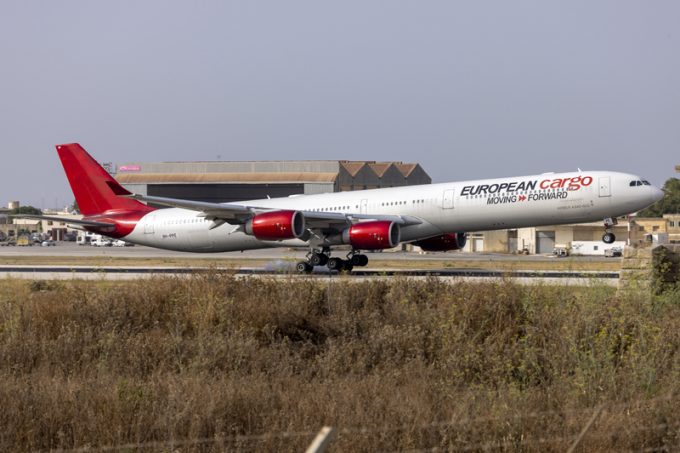Canning capacity as ecommerce bubble breaks
What a pile up

A new long-term plan via a government national strategy will be crucial in delivering growth and meeting future challenges in the UK’s regional air cargo sector – although a Brexit-related January deadline could derail the industry.
Regional City & Airports (RCA) reported solid freight volumes during the pandemic at its manged airports in Norwich, Bournemouth and Exeter in the UK. The emphasis now is on the government’s recently published Future Freight Plan developed in partnership with the wider industry.
The new plan, ...
Asia-USEC shippers to lose 42% capacity in a surge of blanked sailings
Why ROI is driving a shift to smart reefer containers
USTR fees will lead to 'complete destabilisation' of container shipping alliances
New USTR port fees threaten shipping and global supply chains, says Cosco
Transpac container service closures mount
Outlook for container shipping 'more uncertain now than at the onset of Covid'
DHL Express suspends non-de minimis B2C parcels to US consumers

Comment on this article